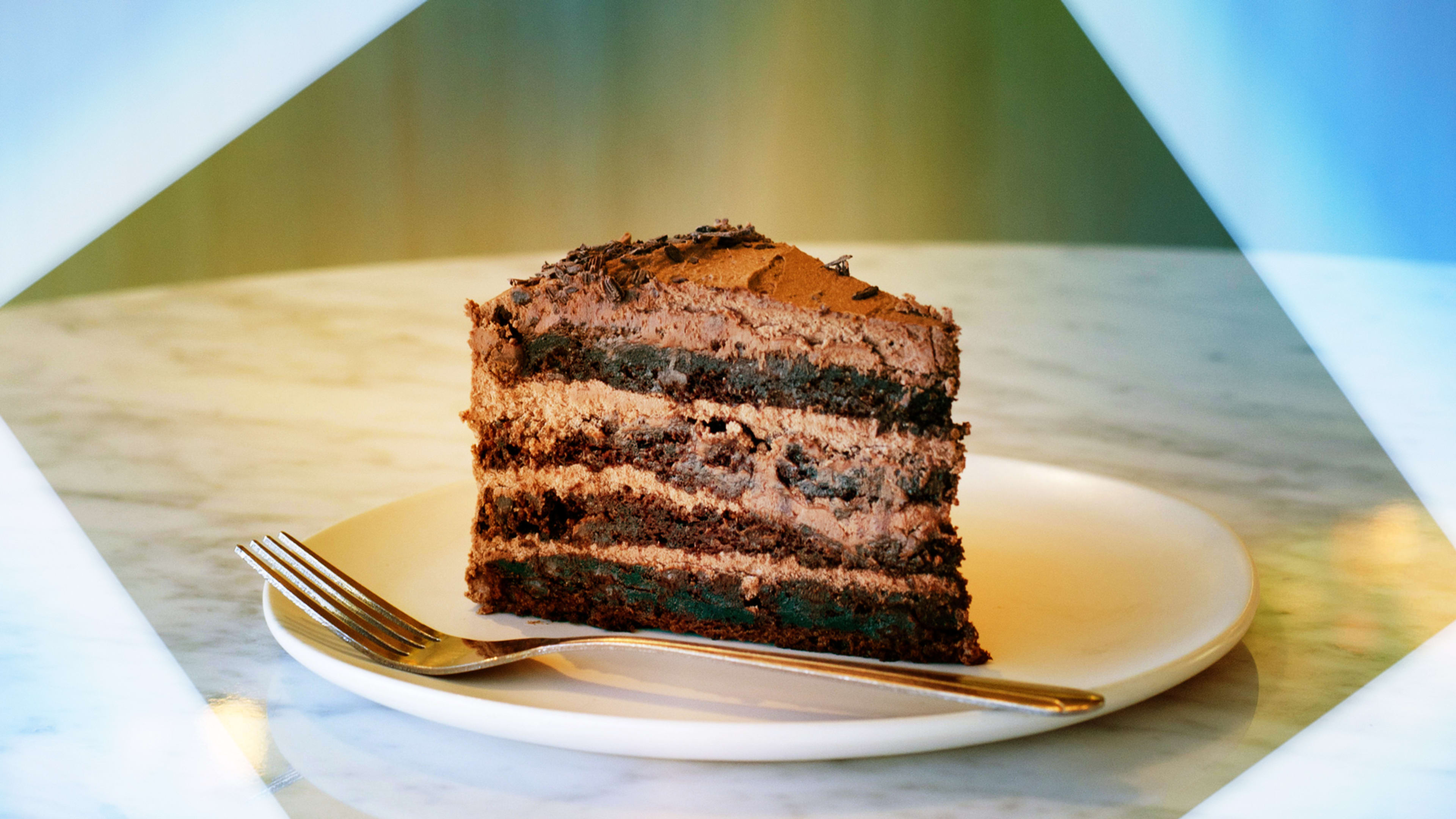TV. Movies. Baked Goods. Financial services. Shopping. Comic books. Soft drinks. Pizza. Video games. Wine. Fast food. Technology. Candy. Gambling. These are just a few of the topics I’ve studied over the past 18 years in which the concept of “guilty pleasure” proved central. As an anthropologist working in consumer and audience research, I’d ask people, “Why do you eat it? Drink it? Watch it? Do it?” Again and again, the response would (often sheepishly) be, “Well . . . it’s a guilty pleasure.”
We all know that feeling of doing something we enjoy but feel a little bad about indulging. But what does it mean for our consumer landscape to be driven so expansively by products and experiences that we describe as “guilty pleasures”?
Guilt arises from the perception of judgment
Last fall, I (along with my team of business anthropologists at KR&I) set out to study “guilty pleasures.” We learned that guilty pleasures come in an astonishing array. However, most fall roughly into two categories: things we put into our bodies (especially food and drink) and things we put into our minds (especially entertainment and social media).
Why do we feel bad about the things that we enjoy? In part, the guilt arises from the perception of judgment—either experienced overtly from others or internalized within the self. Seventy-four percent of participants in our survey reported “feeling judged” for indulging in their favorite guilty pleasures. They described feeling “lazy,” “weak,” and “selfish” when they indulged, likely reflecting deeply internalized cultural ideas about the morality of work, productivity, self-control, and selflessness.
Yet the guilt has another source as well, stemming from expectations of self-consistency. A hardcore rock musician secretly listens to fluffy pop tunes from the ’80s and ’90s, a teacher with an MA in English literature spends her alone time reading gossip magazines, and a conservative Christian mom watches reality TV even though all the “cheatin’ and fightin'” are against her morals. “I don’t even know why I like it,” one participant shared, “It’s not who I am.” When we purport to be one way to others but behave another way in private, we feel like frauds.
On social judgment and human identity
The discomfort of self-inconsistency provides a clue to guilty pleasures’ hidden power. While we may expect ourselves to be consistent in our likes and dislikes, that’s not how human identity works. These days, “identity” often gets reduced to a handful of social categories—gender, race, ethnicity, sexuality, etc. But identity refers to so much more. It’s multidimensional, complex, and continuously changing, as we accumulate life experiences and continually draft and edit the story of who we are. Identity is also socially embedded; we can only understand who we are by assessing how we are similar to (and different from) others.
Our individual survival, in large part, depends on maintaining a sense of connection to our social group. Yet that connection comes at a cost—we must constantly navigate tensions between our individual desires and the group’s expectations. From the moment we wake up in the morning until the moment we fall asleep at night, our varying social roles (parent, spouse, friend, employee, etc.) set expectations for how we “should” look, act, feel.
When we derive pleasure from something that society judges as “bad” or “bad for us,” we set limits on society’s influence over us. It is a momentary act of boundary-setting in which we refuse to let the social group’s expectations hold power.
When we insist upon watching that “trashy” reality show, eating that ice cream sandwich, or buying that expensive bottle of Scotch that could have paid for a kid’s piano lesson, we ever-so-subtly tell society to screw off for a moment. Right this second, the guilty pleasure insists, I—the individual—come first.
Guilty pleasures makes us feel cared for
The more our social roles demand of us, the more we feel compelled to assert our individuality to remind us that we are unique beings that deserve acknowledgment and care. And guilty pleasures seem exceptionally effective at making us feel acknowledged and cared for. Participants in our study consistently reported increased positive emotions and decreased negative ones (except for disappointment and shame) after indulging in guilty pleasures. Apparently, the overall energy and mood boost is worth a little guilt.
One could argue that there is no reason for the guilt, so we can simply enjoy what we enjoy. But I’m not convinced that we should dismiss the guilt entirely. It seems fair to ask, if all societal judgment toward our guilty pleasures disappeared, would they still hold the same power? Could they still offer us those moments of individual primacy and subtle social resistance? Could they still provide that dose of self-care that helps us pick back up and fulfill our responsibilities?
Rather than saying guilt shouldn’t play a role in our pleasure and looking the other way, what if we took an eyes-wide-open approach, cultivating sincere curiosity about ourselves and what brings us pleasure? What might we learn about our relationship with society and about the complexity of every other individual we interact with each day?
So, the next time we feel a little guilt creeping into our pleasure, maybe we shouldn’t ignore or internalize it. Maybe instead, we should look at in the eye, and say, “I know why you are here, old friend. Thank you for the opportunity to learn about myself and for reminding me that I matter.”
Susan Kresnicka is a cultural anthropologist specializing in foundational research to establish core human drivers of consumer behavior and the founder and president of business anthropology practice KR&I.
Recognize your brand’s excellence by applying to this year’s Brands That Matter Awards before the final deadline, June 7.
Sign up for Brands That Matter notifications here.
